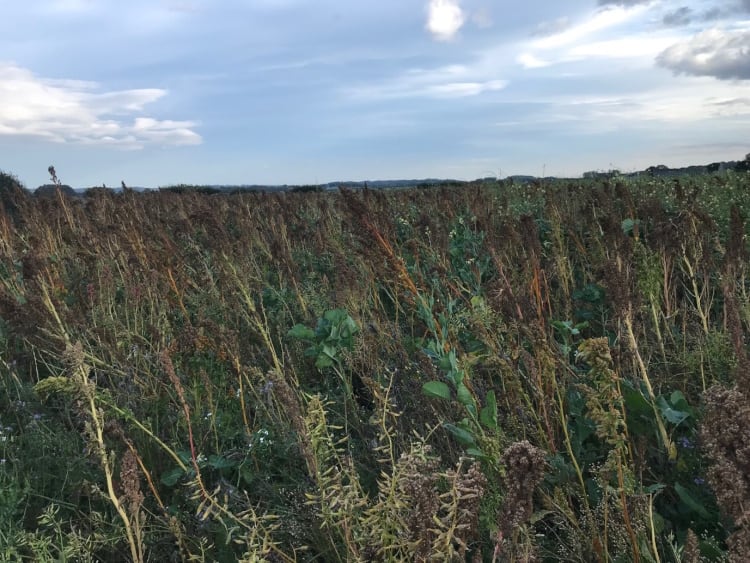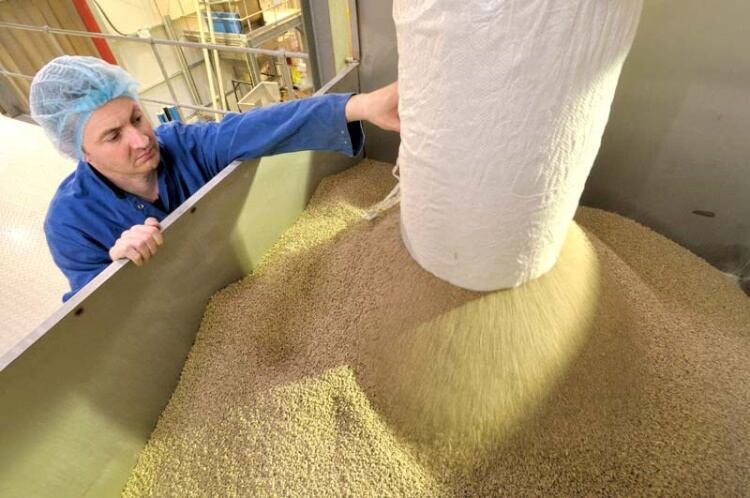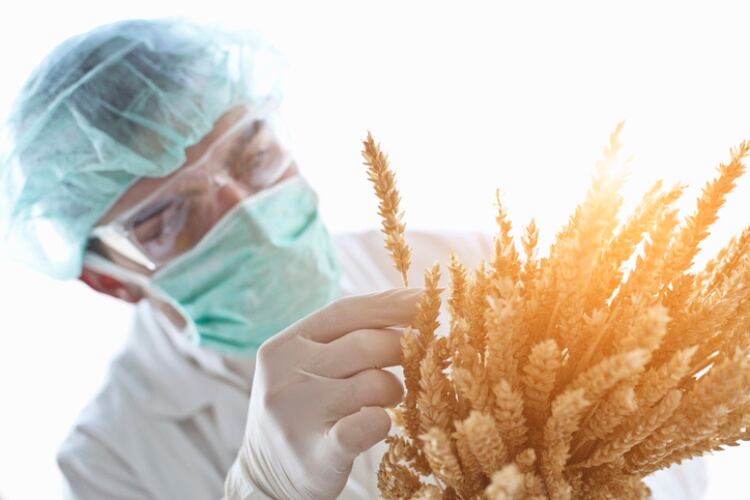The UK’s Department for Environment, Food & Rural Affairs’ (DEFRA) Countryside Stewardship (CS) initiative provides financial incentives for farmers, foresters and land managers to look after and improve the environment.
Countryside Stewardship supports the government’s 25 Year Environment Plan. It also supports Defra’s strategic objective of a cleaner, healthier environment, benefitting people and the economy.
According to the UK department, participation in Countryside Stewardship has grown in popularity in recent years. There were 32,000 CS agreements on record in January, a 94% increase from 2020. The highest number of agreements are found in Devon, East Anglia and North Yorkshire.
The initiative is broken down into various schemes, ranging from CS Higher Tier (commons and woodlands that need complex management) to CS Facilitation Fund (bringing together groups of people who collaborate to improve environmental outcomes in their local area).
Funding is earmarked for the management of permanent grassland and hedgerows to winter bird food and flower-rich margins and plots, as well as fencing and sheep netting, stone wall restoration and items to prevent diffuse water pollution, among others.
The most popular is the Mid-Tier scheme, accounting for around 87% of all CS agreements.
The five-year scheme provides grant funding to support farmers who undertake important work to conserve the farmed environment, which has the knock-on effect of developing a better habitat for wildlife, insects, and pollinators while also improving water and air quality.
Giving back to the land that gives to us

“We are passionate about farming, the countryside and improving our environment,” said Robert Gladstone, MD of Silvery Tweed Cereals.
“We are honoured to have been accepted onto the Countryside Stewardship scheme as we work to protect and improve the land for growing crops as well as protecting wildlife. Our farm manager, Ross Flemming, has been hard at work on a number of projects that will help us achieve this.”
Under the scheme, 20 hectares of cover crops have been planted and cultivated in the open fields at The Mead farm, which became part of the Silvery Tweed operation last year.
This will improve the soil structures and drainage, as well as helping to minimise soil erosion and nitrate leaching over the winter months. This cover crop will be grazed by the sheep or cattle that call The Mead home from late January, prior to the ground being prepared for Spring Barley.
Winter bird food cover crop (AB9) has also been planted. Made up of Coleor Kale, Goldeneye Kale, Camaro Marrow, Stem Kale, Kale Rape, Linseed, Fodder Radish, Gold of Pleasure, White Mustard, Sandoval Quinoa, Phacelia, Chicory, and Utopia, AB9 provides shelter and food for songbirds, grey partridge, and insects throughout winter.
Rich haven for pollinators

Grass margins that will be rich in flowers for pollinators next spring and give the watercourse protection by restricting agricultural activity have also been created. Concrete and drainage work is underway in the steading, which will reduce contamination of the local waterways by segregating clean and dirty water. The dirty water will now be filtered through a sediment trap before entering the watercourse, helping to improve water quality.
“We are looking forward to witnessing the fruits of our work over the next five years, while planning the next steps we can take as part of the Countryside Stewardship scheme,” added Robert.





